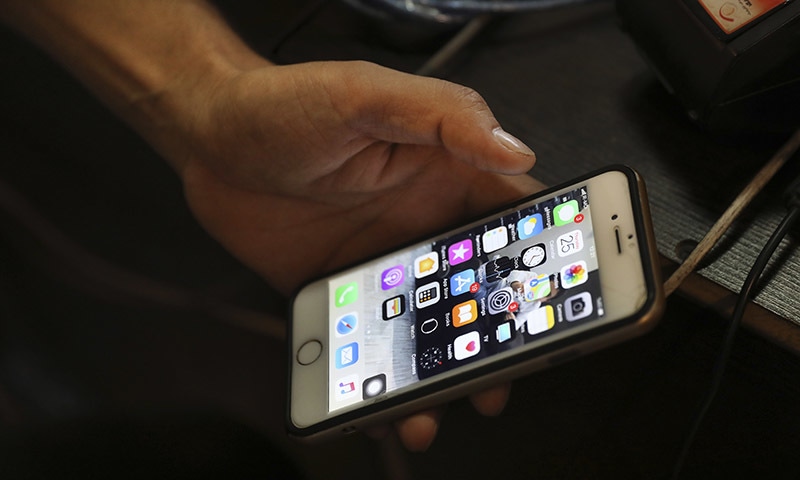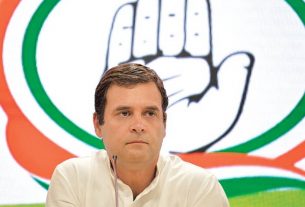DUBAI: Iran’s authorities have restricted mobile internet access in several provinces, an Iranian news agency reported on Wednesday, a day before new protests were expected to kick off following calls for the demonstrations on social media.
Social media posts, along with some relatives of people killed in unrest last month, have called for renewed protests and for ceremonies to commemorate the dead to be held on Thursday (today).
The protests were initially sparked in November by hikes in gasoline prices but demonstrators quickly expanded their demands to cover calls for more political freedom and other issues.
The government, which launched the toughest crackdown on demonstrators in the 40-year history of the Islamic Republic, blamed foreign enemies for stoking tensions.
Communications ministry contradicts news agency’s claim
An official denied any order by the authorities to block the internet, which was shut down for about a week in the November unrest.
The semi-official news agency ILNA quoted an informed source at the Communications and Information Technology Ministry as saying mobile internet access to overseas sites was blocked by “security authorities” in Alborz, Kurdestan and Zanjan provinces in central and western Iran and Fars in the south.
“According to this source, it is possible that more provinces will be affected by the shutdown of mobile international connectivity,” ILNA said.
Internet blockage observatory NetBlocks said on Twitter: “Confirmed: Evidence of mobile internet disruption in parts of #Iran … real-time network data show two distinct drops in connectivity this morning amid reports of regional outages; incident ongoing.”
The shutdown appeared to be spreading. “I just checked myself and asked a friend, and the internet is off on our mobiles,” a resident in Ahvaz, the capital of the oil-rich Khuzestan province, said.
But a communications ministry spokesman denied there was an order to shut down the internet. “No such order has been issued by the judiciary or other relevant authorities. The Fake News are at work,” Jamal Hadian said in a Twitter post.
The internet blockage made it difficult for protesters to post videos on social media to generate support and also to obtain reliable reports on the extent of the unrest, according to sources.
The United States imposed sanctions on Iran’s communications minister last month for his role in “wide-scale internet censorship”, a reference to the nationwide shutdown.
Iran blamed “thugs” linked to exiles and foreign foes — the United States, Israel and Saudi Arabia — for stirring up unrest through social media.
During the protests last months, hundreds of banks and public buildings were attacked and damaged.



